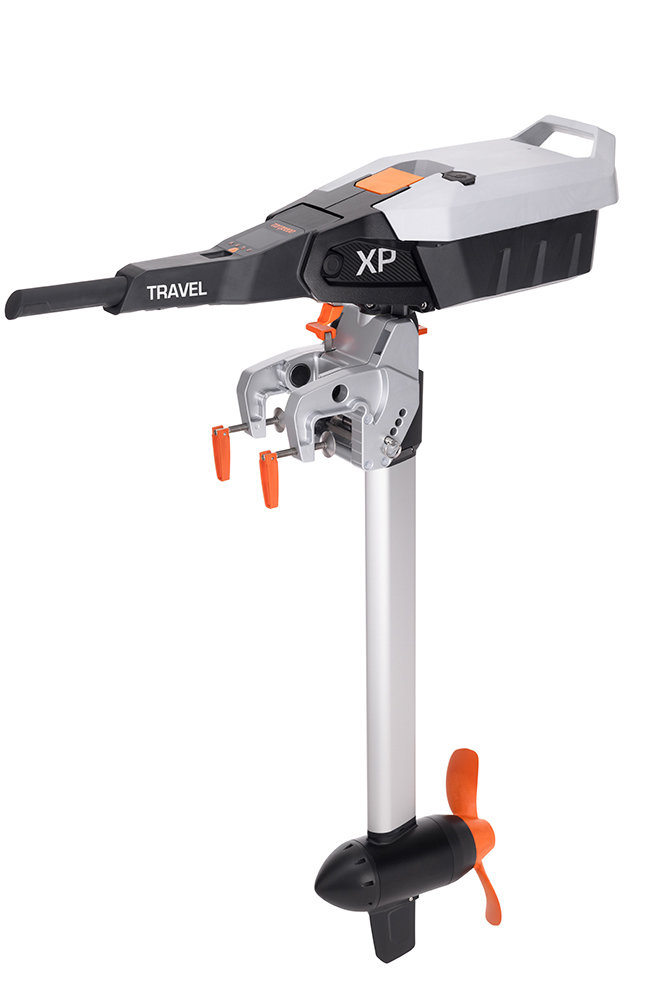Lexus floats a new boat: the LY 680 luxury yacht with a sticker topping $5 million.
Lexus has announced the new LY680 Luxury Yacht, an evolution of the previous LY650 model benefiting from a series of enhancements.
The flagship Luxury Yacht is the embodiment of the Lexus ‘Crafted’ design philosophy with attention to detail designed to exceed customers’ expectations.
The concept for the yacht’s development was that it should ”feel like a hideout in the middle of the sea, providing a space where discerning customers can feel free and at ease”. The exterior reflects the Lexus L-finesse design philosophy, while the interior has been crafted down to the smallest details to provide a comfortable living space. In terms of performance, Lexus aims for confidence-inspiring cruising performance, with stable maneuverability, ride comfort, and quietness.
The Horizon Group carried out by the production, which has a reputation for advanced technological capabilities, honed through super-yacht construction. By combining the Horizon Group’s building capabilities with yacht production methods based on the Toyota Production System, the strengths of both brands have been leveraged.
A 1/20 scale model of the LY680 will be on display at the Japan International Boat Show 2024, at Pacifico Yokohama from 21 – 24 March 2024.
Expansion of fly-bridge and swimming platform
The fly-bridge has been extended by 1,400mm and features a spacious lounge sofa and a barbecue grill*3. The swimming platform has been extended by 700mm.
Production by the Horizon Group
The LY680 is built by Horizon Group, a leading luxury yacht brand in Asia that specializes in custom-built yachts featuring advanced technology and production methods. The combination of sleek styling inspired by Lexus’s L-finesse design philosophy and Horizon Group’s production capabilities cultivated through super-yacht construction leverages the strengths of both brands to create a spectacular vessel.
LY680 specifications
| Overall length (m) | 20.66 | |||||||
| Overall width (m) | 5.76 | |||||||
| Engine | Twin Volvo IPS 1350/1050 | |||||||
| Fuel tank capacity | 4,012 | |||||||
| Fresh water tank capacity (l) | 852 | |||||||
| Accommodation | 3 rooms (6 beds) | |||||||
| Number of passengers | 15 |






